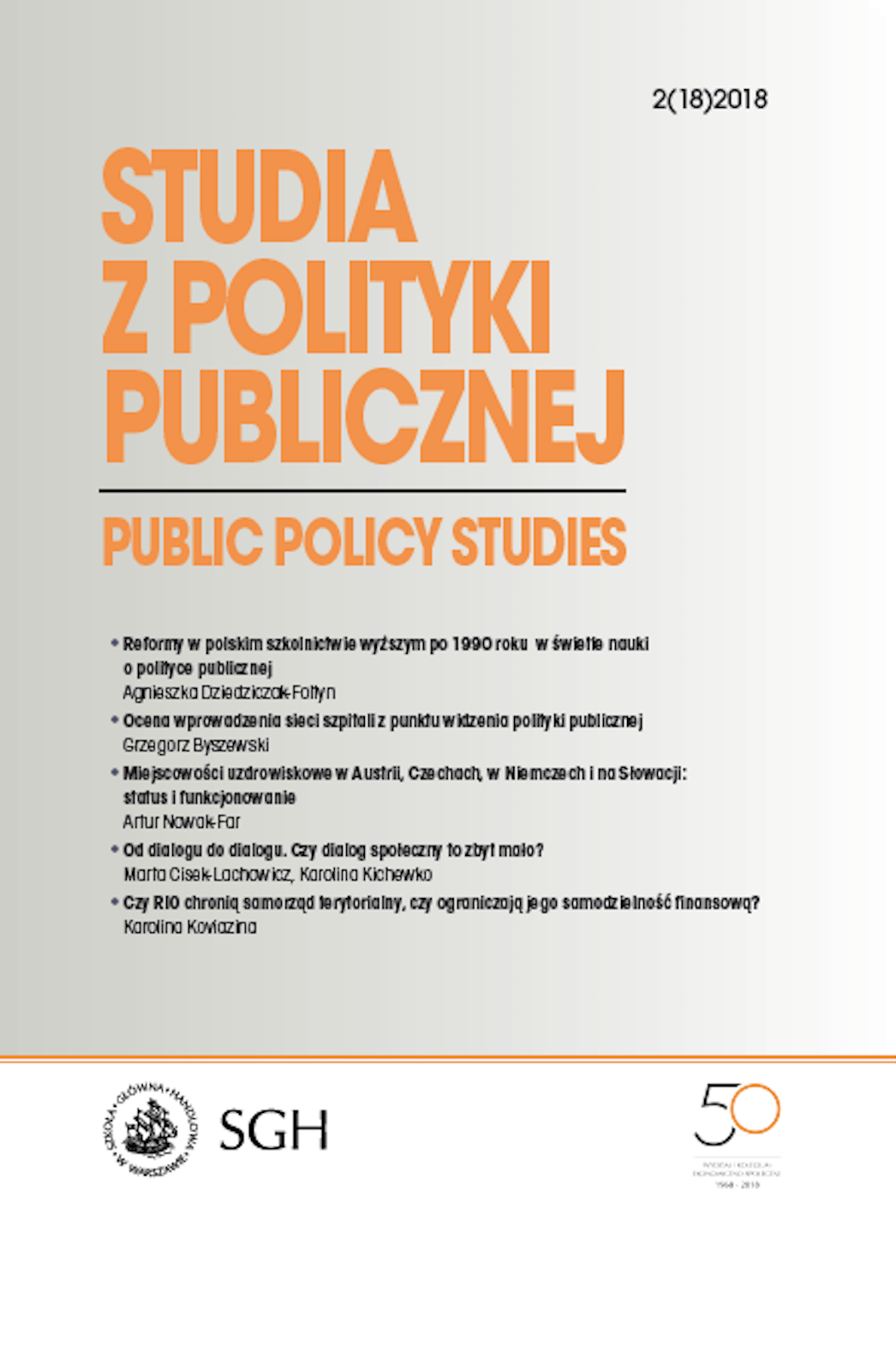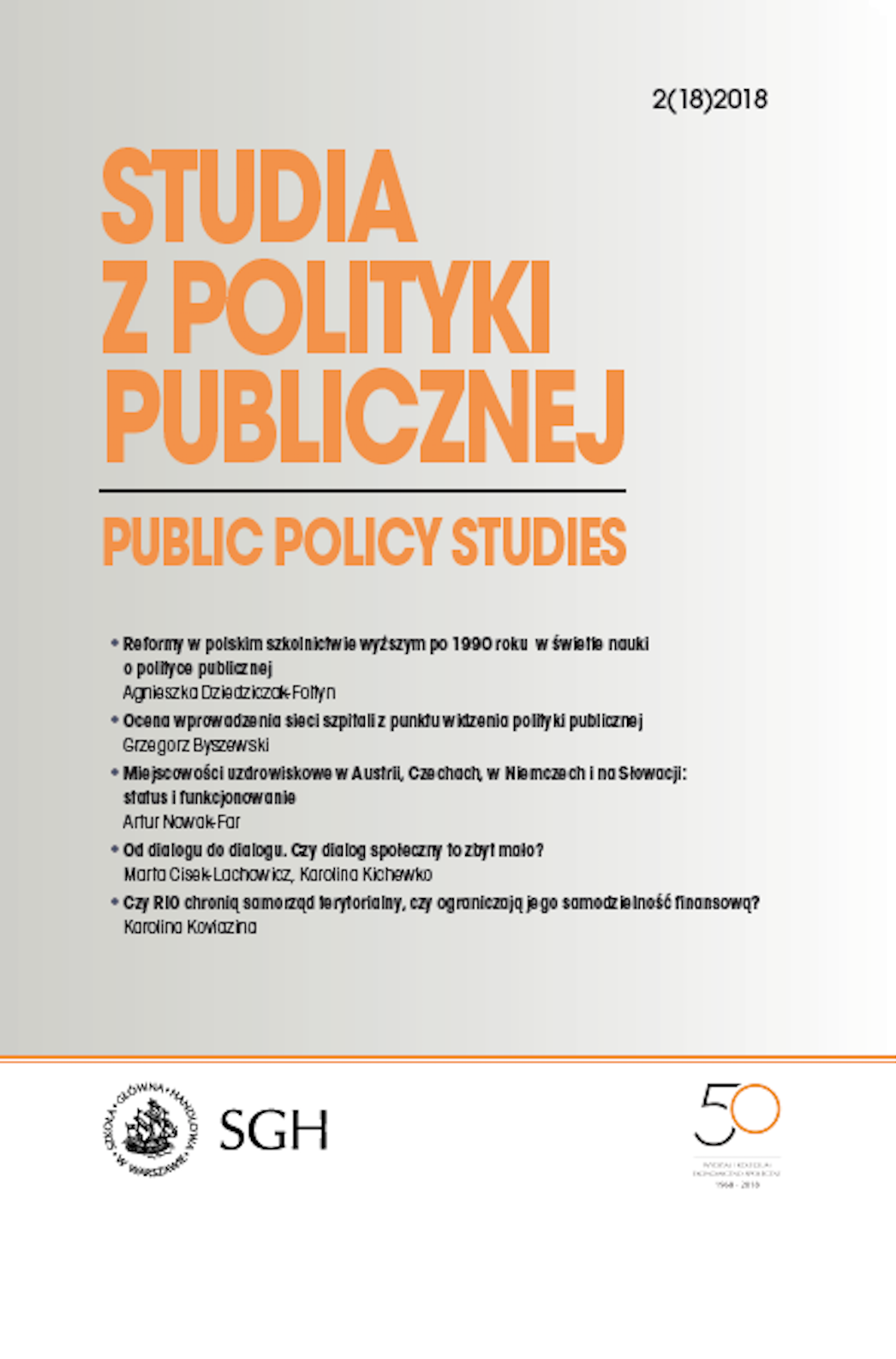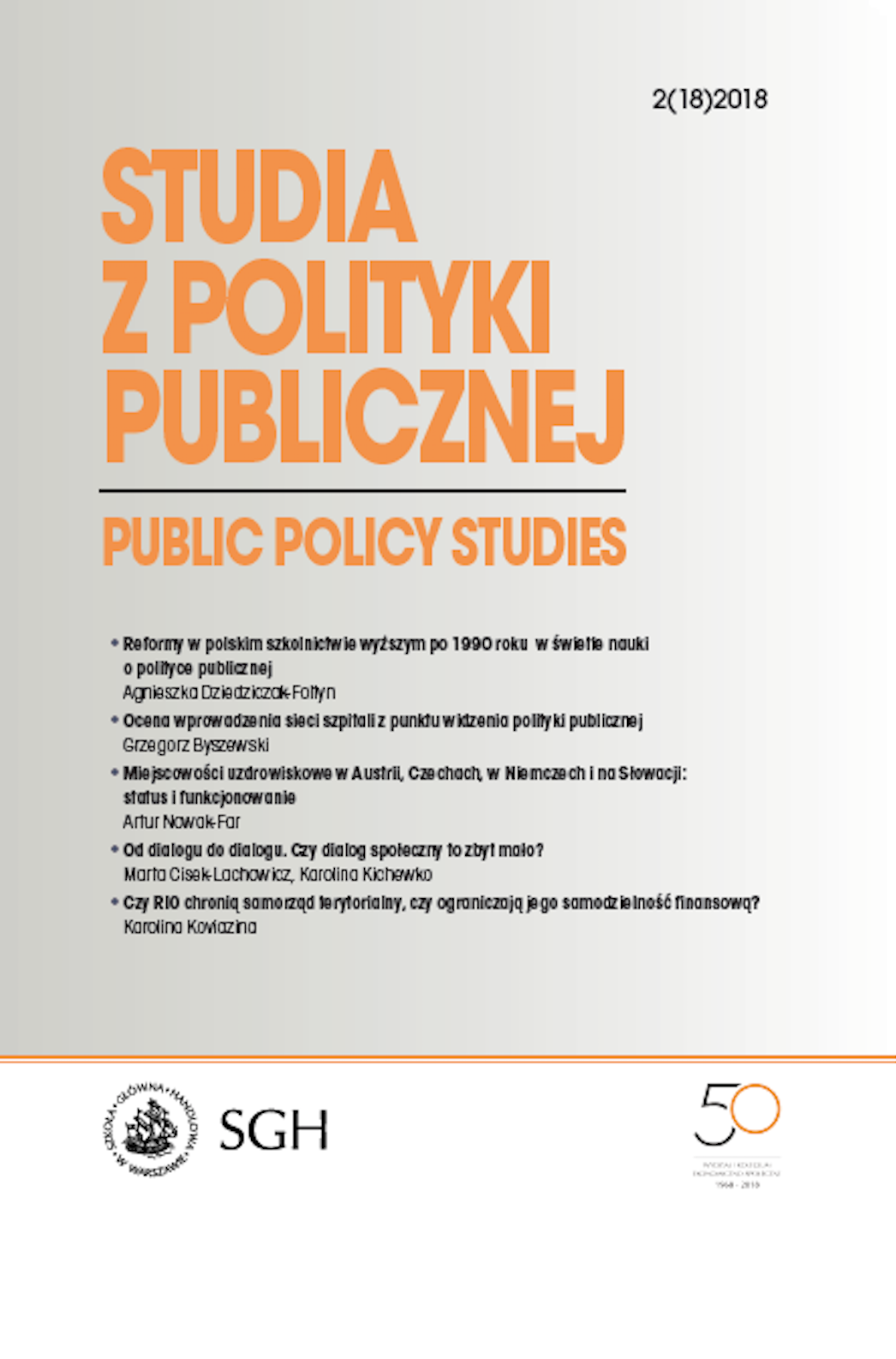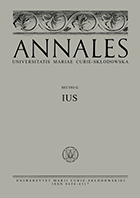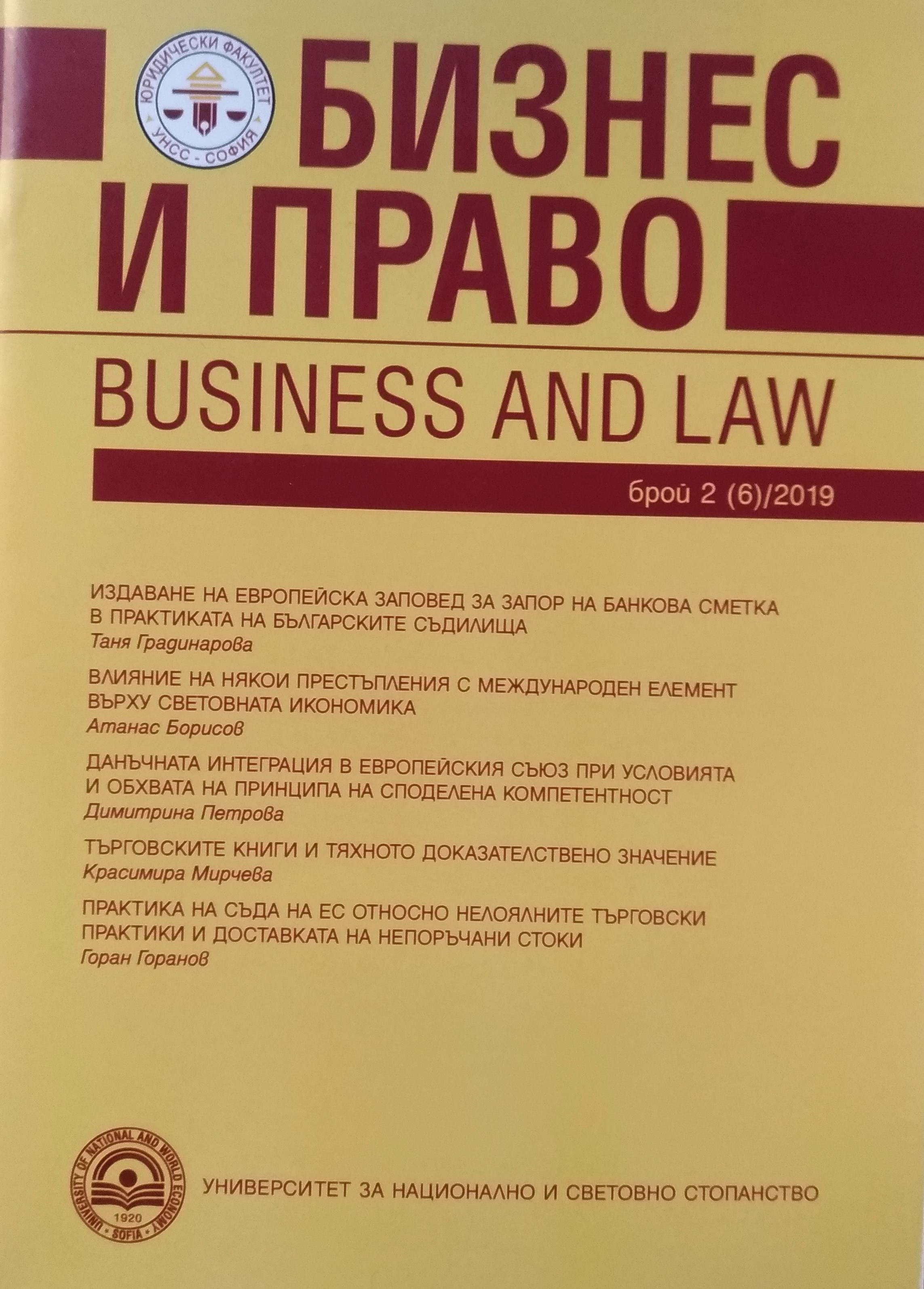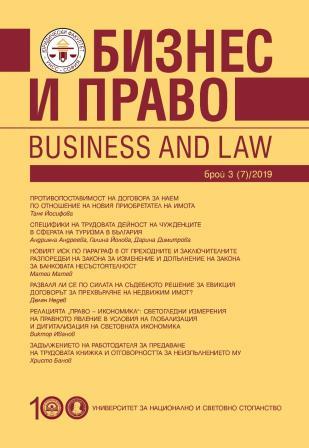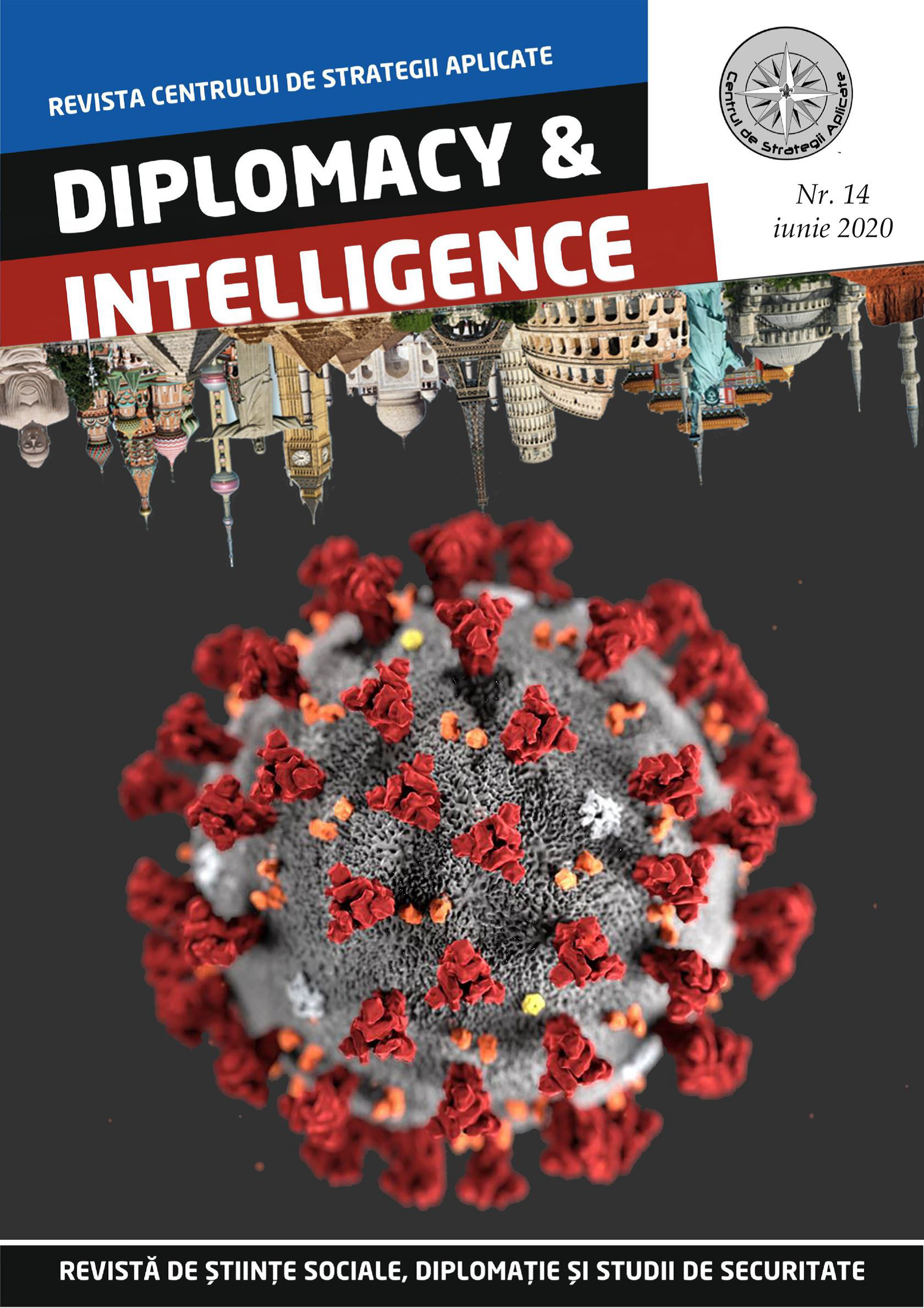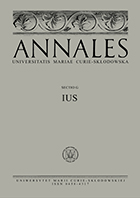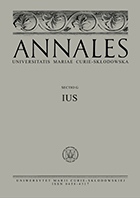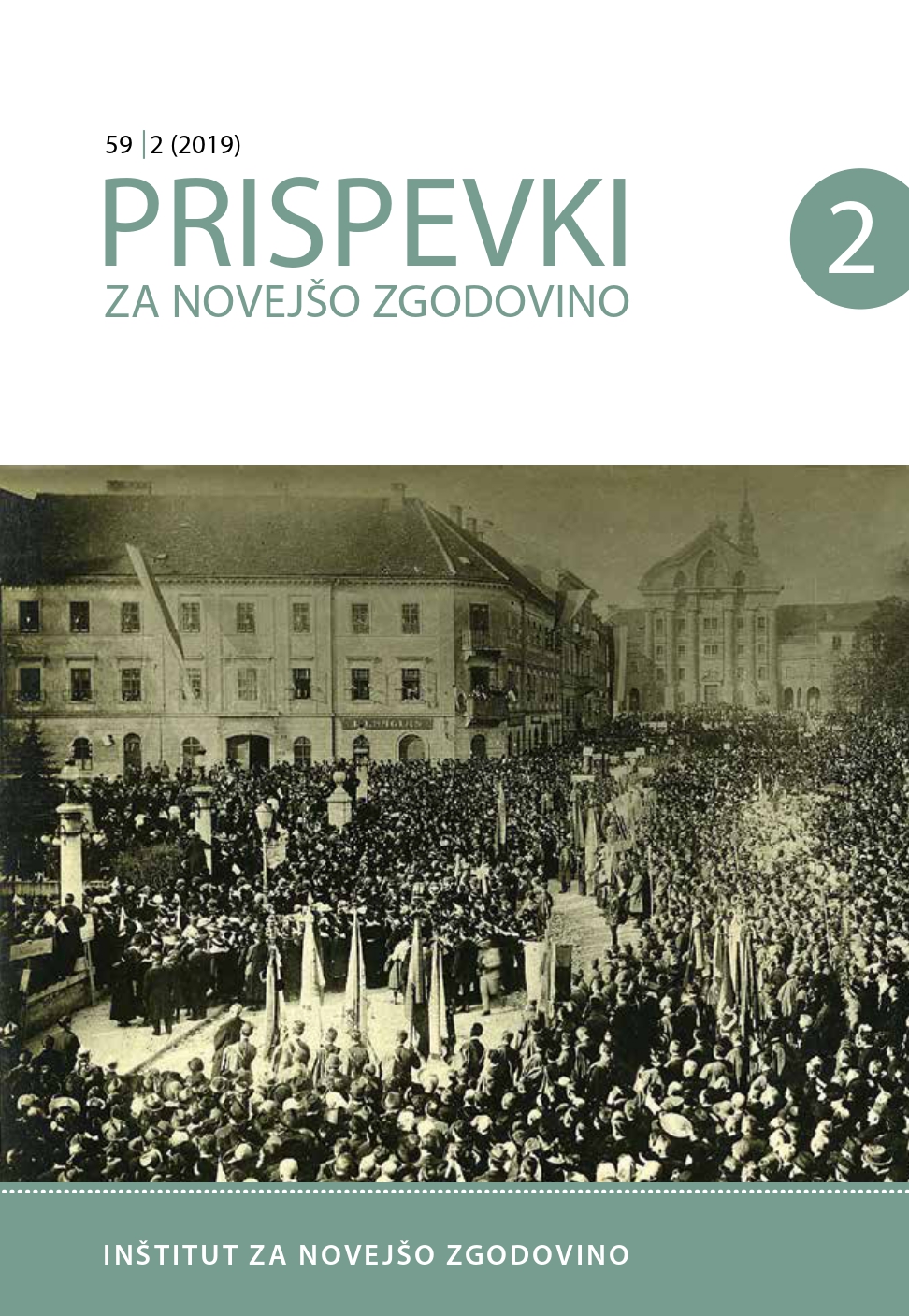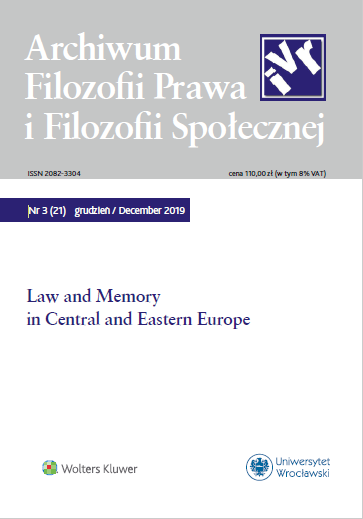Author(s): Eliza Nowacka / Language(s): English,Polish
Issue: 4/2015
The creation of socio-economic policy is not, however, the main domain of the second chamber, especially in those systems, where the model of asymmetric bicameralism is implemented. The limitation of the process of creating economic policy is observable for example in the Czech Republic, where the Senate does not participate in passing of the budget act. Socio-economic policy of the state is not the main scope of interest of the Polish Senate either. The majority of legislative initiatives results in the creation of a new law and it does not raise the subject of socio-economic state policy directly. There are to be found, however, some initiatives that propose changes in the tax system, labour law, social care law or in the area of pensions and annuities. Owing to the legislative initiatives of the Senate accounting chambers and employers' associations were created. While analyzing the role of the Senate in socio-economic state policy the actions of Senate committees, especially of the Budget and Public Finance Committee, the National Economy Committee, the Family and Social Policy Committee, the Agriculture and Rural Development Committee are worth emphasizing. Those committees put forward amendments to the budget act, review the laws passed by the Sejm or international agreements concerning socio-economic policy. Some of the effects of the Polish Senate's committee work is, among many, proposing by the Budget and Public Finance Committee, on behalf of the Senate, a number of amendments to consequent budget acts. It should be stressed, however, that the Senate undermines its role in the field of socio-economic policy. It takes, so to say, additional measures to other activities. A lack of long-term and comprehensive programmes can be seen in those actions. The Senate uses the instruments of government, nevertheless, it does so in moderation.
More...


